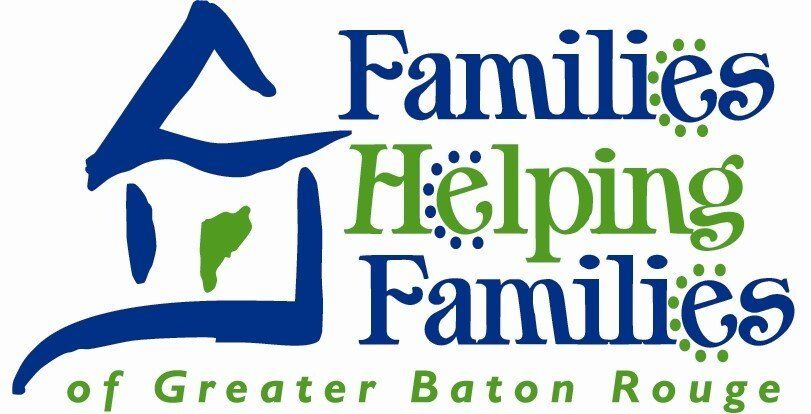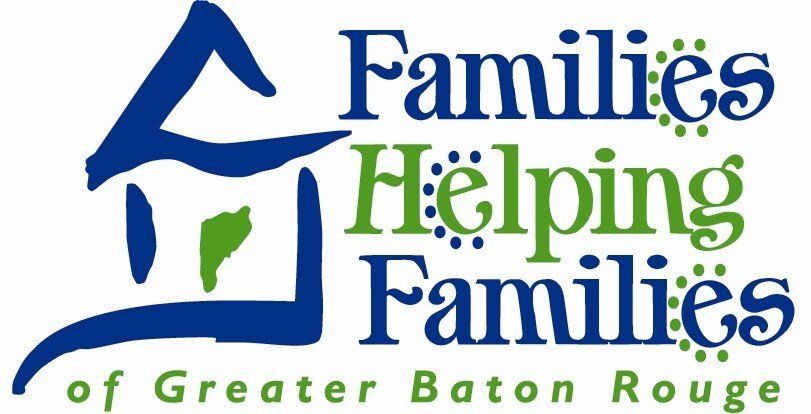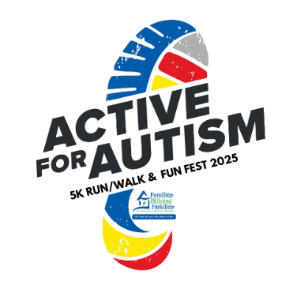Federal Panel Pressured to Focus More on Profound Autism
Federal Panel Pressured to Focus More on Profound Autism
by Michelle Diament | October 19, 2023
Source: Disability Scoop
Advocates for those with profound autism say that a committee tasked with guiding the federal government’s strategy on the developmental disability is largely ignoring the needs of this population.
A report out earlier this year from the Centers for Disease Control and Prevention indicated that 26.7% of children on the spectrum have profound autism, meaning that they are nonverbal, minimally verbal or have an intelligence quotient of less than 50.
Nonetheless, families of those with more severe needs say that their concerns are not being reflected at meetings of the Interagency Autism Coordinating Committee, a federal panel comprised of government officials and members of the autism community that is responsible for shaping a strategic plan and advising the secretary of health and human services on the developmental disability.
Now, the National Council on Severe Autism, says that needs to change. The group is calling on the IACC to devote 30% of each committee meeting to addressing the needs of those with profound autism and another 30% to those who have intellectual disability or borderline intellectual disability but don’t qualify for profound autism.
That could include focusing on medical interventions and residential options for those with severe behaviors and the need for inpatient, outpatient and crisis intervention programs, according to Jill Escher, president of the National Council on Severe Autism.
“Moving forward, to ensure the IACC is properly addressing the needs of those disabled by autism, IACC meetings should very clearly delineate the forms of autism they are addressing with their chosen subject matter and ensure proportionality,” Escher wrote in comments to the IACC. “The desperate and growing needs of those with profound autism, ID and borderline ID deserve full and urgent attention by this committee.”
To date, Escher said that the IACC has given the concerns of families affected by profound autism “a bit of lip service.” But, she said, “we haven’t seen anything substantial that can help move these fields in promising new directions, rather they recapitulate some already well-known ideas and facts, with no substantial discussion, and certainly without any sense of urgency whatsoever.”
Escher was not alone in her concerns. More than a third of the public comments submitted ahead of the IACC’s most recent meeting last week centered on the issues facing children and adults with significant needs, many of whom are nonspeaking, exhibit severe behaviors and require constant care.
Commenters included parents frustrated with a lack of available programming as well as inadequate support staff and long-term housing solutions for their children with severe autism, among other issues.
Susan Daniels, executive secretary of the IACC, did not respond to questions from Disability Scoop about whether the panel would be more deliberate about devoting portions of its meetings to the needs of those with profound autism, but she indicated that the agenda is structured to support the IACC in fulfilling its congressionally mandated responsibilities.
“IACC meetings address a variety of topics of interest to the autism community, including those that address the full spectrum of ability, disability, and support needs; the full lifespan; and the full diversity of the autism community,” Daniels said.
2356 Drusilla Lane,
Baton Rouge, LA 70809
Phone: 225-216-7474
Toll Free: 1-866-216-7474 Fax: 225-216-7977







